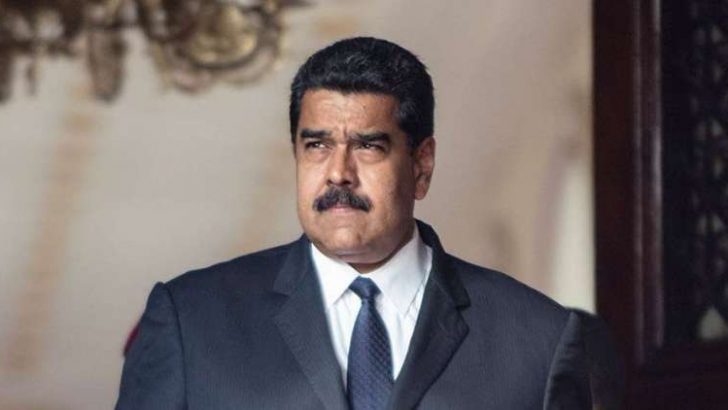Thousands of Venezuelans including clergy took to the streets in Caracas and other cities to demand democratic change last week, amid on-going economic, political and social crises in the country.
“Today [March 10] the Venezuelan people have returned to the streets demanding their rights and manifesting their desire for a change of direction in the economy and the political order to permit democracy,” said Archbishop José Luis Azuaje of Maracaibo.
“The deterioration in the quality of life, which has led us to get by as best we can, without electricity, without water, without just compensation for our work, without gasoline, without peace, without family has created social instability and greater poverty.”
The marches against the regime of President Nicholas Maduro were led by opposition leader Juan Guaidó, and organised to present to the National Assembly a call for free and fair presidential elections.
As Guaidó led the marchers toward the National Assembly building, they were blocked by security forces. Police used tear gas to turn them back before they reached the building.
Opposition party lawmakers held an impromptu, but legally valid, outdoor session of the legislative assembly in a nearby city square.
“Structural changes are needed in politics, the economy and the leadership that go beyond ideological interests or to holding on to power at all costs,” said Azuaje.
“Hence the challenge to continue to build a citizenry that facilitates a more just and free society, which permits the promotion and protection of the dignity of the human person and encourages integral human development.”
The president of the Venezuelan bishops’ conference also expressed his dismay that an unnamed member of Maduro’s government called for a “counter-march”, and criticised those “who have had to bow to official purposes for different interests”.


 President Nicolas Maduro
President Nicolas Maduro 